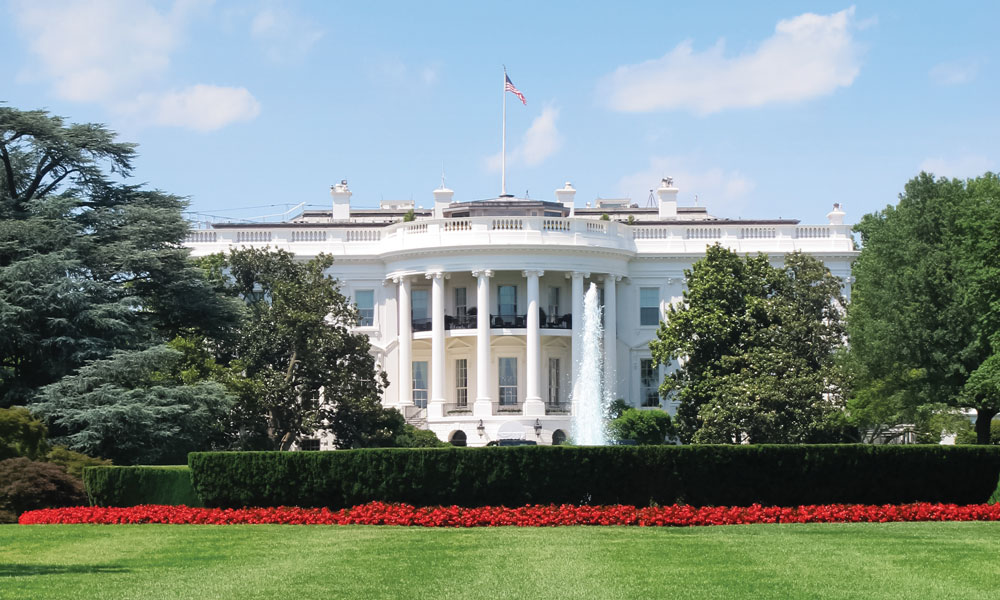
Association Agenda: Waiting for November
Tax reform depends on who takes control of the White House.
Tax writers on both sides of the aisle point to 2017 as the year Congress will finally tackle comprehensive tax reform, but, realistically, clinching a deal on a badly needed overhaul of the tax code largely depends on who wins the White House.
While Republicans and Democrats fundamentally agree that loopholes in the tax code need to be eliminated to make the code simpler and fairer, tax reform is a major undertaking, and the parties remain divided on how to rewrite the code and whether individual tax rates should be revised along with those paid by corporations.
The congressional tax-writing committees for both parties have been quietly building the framework for their respective tax agendas for next year.
This spring, despite some well-publicized differences with Republican presidential nominee Donald Trump, House Speaker Paul Ryan (R-WI) said comprehensive tax reform is a policy issue that unites all conservatives. House Ways and Means Committee Chairman Kevin Brady (R-TX) has said that Trump’s tax plan is generally in line with a pro-growth plan he is drafting with input from Ryan.
“I’m convinced, because Mr. Trump had a number of pro-growth elements in his tax plan, that the principles are very similar,” Brady said earlier this spring.
Across the Capitol, Senate Democrats are also working on a tax reform blueprint in the event that they regain control of the Senate and Hillary Clinton is elected president. Senate Finance Committee Ranking Member Ron Wyden (D-OR) and other Democrats are heavily focused on corporate tax reform and the need to overhaul the international tax system and curb corporate inversions. Sen. Charles Schumer (D-NY), the likely majority leader if Democrats retake the Senate, has been vocal over the past year about linking international tax reform to long-term infrastructure spending.
November 8 will bring clarity as to who will be setting policy in Washington for the foreseeable future—and hopefully to what that means for comprehensive tax reform.
(Thinkstock)






Comments